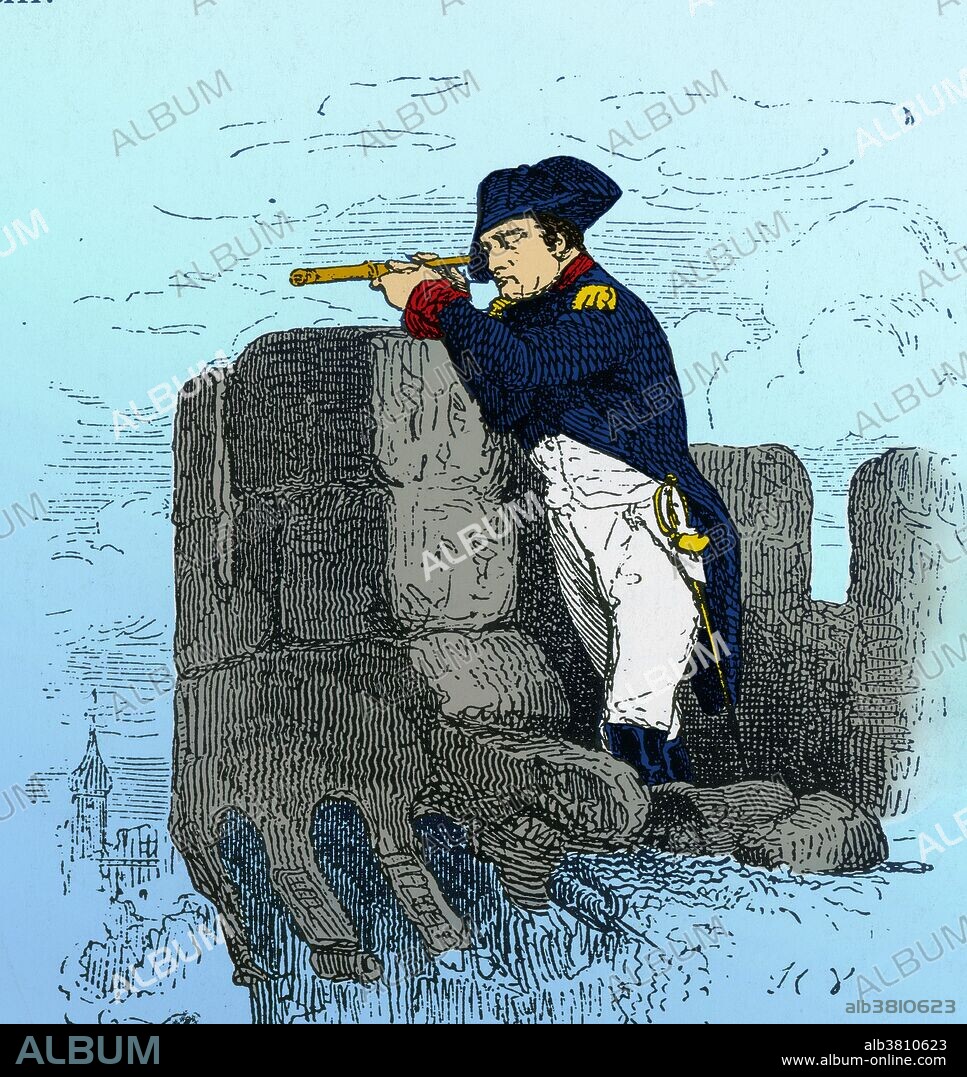alb3810623
Napoleon, Military Leader and Emperor of France

|
Add to another lightbox |
|
Add to another lightbox |



Title:
Napoleon, Military Leader and Emperor of France
Caption:
Napoleon Bonaparte (1769-1821) was a French military and political leader during the latter stages of the French Revolution. As Napoleon I, he was Emperor of the French from 1804 to 1815. His legal reform, the Napoleonic Code, has been a major influence on many civil law jurisdictions worldwide, but he is best remembered for his role in the wars led against France (Napoleonic Wars). He established hegemony over most of continental Europe and sought to spread the ideals of the French Revolution, while consolidating an imperial monarchy. Due to his success in these wars, often against larger forces, he is regarded as one of the greatest military commanders of all time. The Peninsular War and 1812 French invasion of Russia marked turning points in Napoleon's fortunes. In 1813 Napoleon was forced to abdicate and exiled to the island of Elba. He escaped a year later and returned to power, but was defeated at the Battle of Waterloo in 1815. Napoleon was confined by the British on the island of Saint Helena and died there in 1821. An autopsy concluded he died of stomach cancer, but some scholars have held that he was a victim of arsenic poisoning.
Credit:
Album / Science Source / New York Public Library
Releases:
Model: No - Property: No
Rights questions?
Rights questions?
Image size:
3316 x 3511 px | 33.3 MB
Print size:
28.1 x 29.7 cm | 11.1 x 11.7 in (300 dpi)
Keywords:
1769 • 1789 • 1800S • 1804-1815 • 1813-1814 • 1814 • 1821 • 18TH CENTURY • 18TH CENTURY, THE • 19TH CENTURY • ART • ARTWORK • COLORIZED • EMPEROR OF FRANCE • ENHANCEMENT • FRENCH EMPEROR • FRENCH EMPERORS • FRENCH REVOLUTION (1789-99) • FRENCH REVOLUTION • FRENCH REVOLUTION,1789 • HISTORIC • HISTORICAL • HISTORY • ILLUSTRATION • NAPOLEON BONAPARTE • NAPOLEON • PORTRAIT • POTRAIT • REVOLUTION 1789, FRENCH • SPYGLASS
 Pinterest
Pinterest Twitter
Twitter Facebook
Facebook Copy link
Copy link Email
Email

